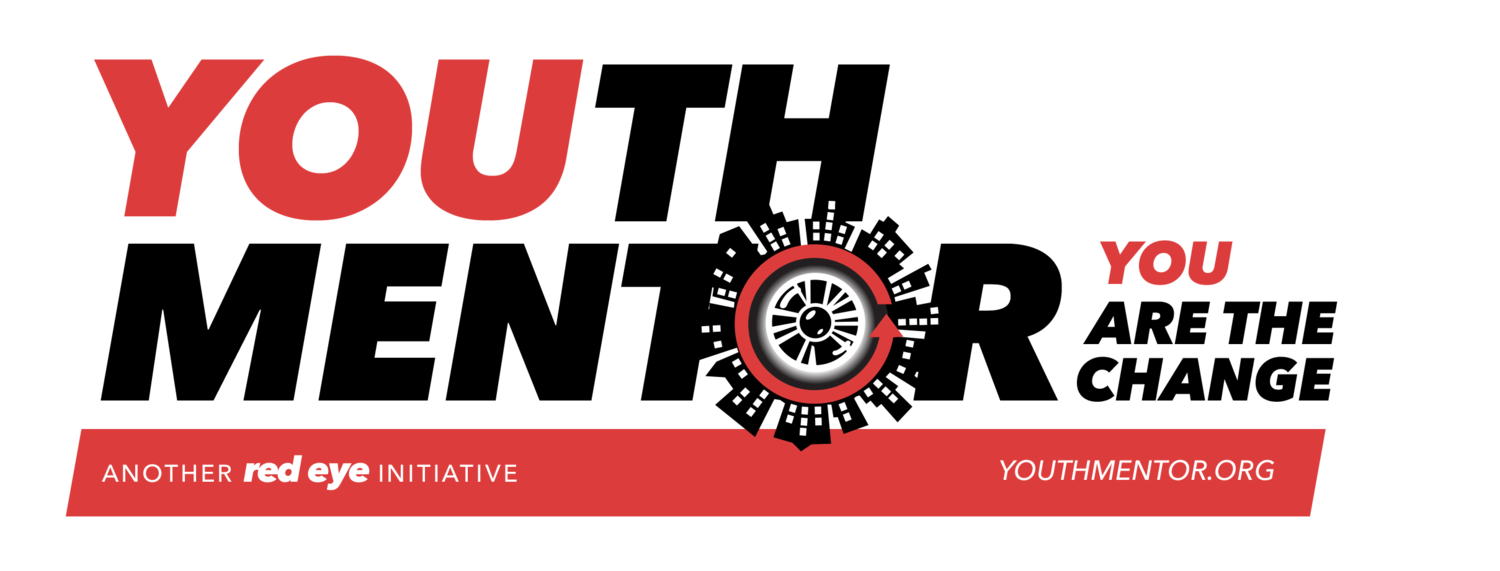BY THE NUMBERS:
The ENTIRE Watts Community…
Over 66% of those we serve live under the national poverty line.
Average age is 21.
Largest age group is 10 years old and younger.
Basically kids are raising kids.Labeled as the “poorest AND least educated housing project in all of Los Angeles.”
Youngest population of any neighborhood in Los Angeles.
Percentage of those from birth to age of 18 is amongst highest in the United States.
Over 50% drop out of school.
Only 2.9% make it to college.
Largest concentration of single mother ran families in California.
Never married women (45.3%) and never married men (44.7%) population is one of the highest in the nation.
A person born in Watts has a life expectancy 20 years less than a child born in Beverly Hills (22 miles away).
LAPD stats show that within a 2-mile radius of the Watts Empowerment Center are 7,000 gang members.
More stats of Watts: Click Here
Nationally, one in four public school children drop out before they finish high school. For African-American and Hispanic students, the challenge is more severe with the likelihood of graduating on time from high school only 65%. Many of these students don’t have access to positive role models, cannot envision a career, and don’t feel connected to their communities. It is tragic that young people who drop out are much more likely to be unemployed, incarcerated or live in poverty.
LITTLE Time. BIG Impact.
Youth "At-Risk" for Falling Behind and Off Track but Had a Mentor:
There are 46 million young people, aged 8-18, living in America. 16 million of them are growing up without a mentor. That's one out of every three young people who, outside of their family at home, don't have a trusted adult who they believe they can turn to for advice and guidance. Of those young people, 9 million face a variety of day-to-day challenges that put them at-risk for falling off track.
Mentoring creates meaningful connections that can positively impact the lives of both mentor and mentee. Those who receive mentorship are more likely to see improved academic, social, and economic prospects. Those who mentor are able to further build important leadership, management and creative skills, while giving back to their community.
That means that EVERY mentorship matters.
Source: MENTOR: The National Mentoring Partnership
What We've Achieved TOGETHER…
“Stats do not define us. They are simply a starting point.
We remind the kids we mentor, ‘History will be good to us, because we will write it!’”
• Students who meet regularly with their mentors are 52% less likely than their peers to skip a day of school and 37% less likely to skip a class.
• Youth who meet regularly with their mentors are 46% less likely than their peers to start using illegal drugs and 27% less likely to start drinking.
• Seventy-six percent at-risk young adults who had a mentor aspire to enroll in and graduate from college versus half of at-risk young adults who had no mentor. They are also more likely to be enrolled in college.
• Mentoring reduces “depression symptoms” and increases “social acceptance, academic attitudes and grades.”


